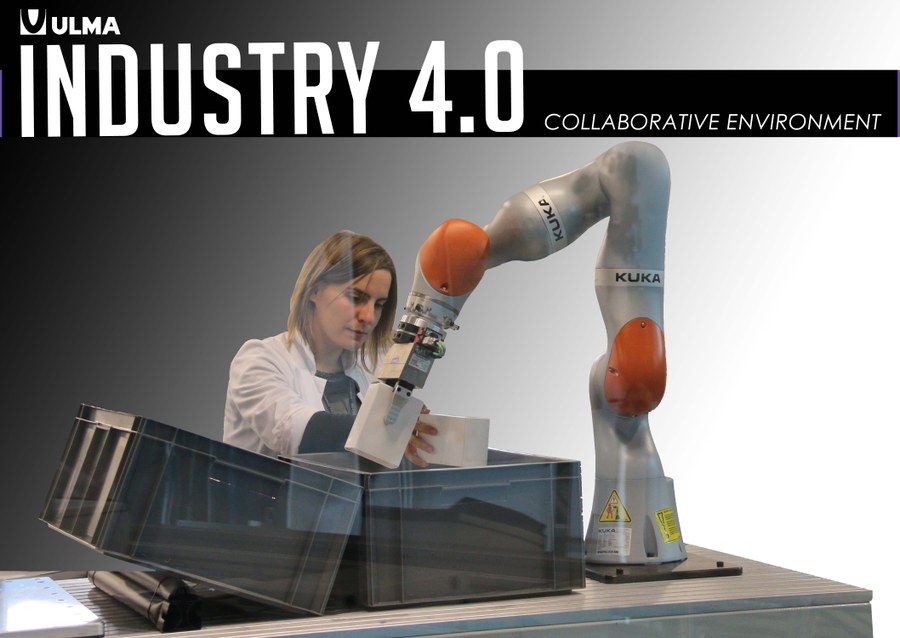European Robotics Challenges places ULMA and IK4-TEKNIKER as main finalists in the collaborative environment project

ULMA Handling Systems and IK4Tekniker collaborate in human-machine project with INDUSTRY 4.0 stamp at EUROC (European Robotics Challenges), named as finalists for best consortium (RSAII) for their development of “FLECOOP: A flexible unitary picking system in collaborative environments for order preparation at distribution centres”. Well-known brands such as Airbus or Peugeot Citroën were also chosen as finalists together with ULMA-IK4-Tekniker.
All are currently immersed in the second stage of the programme, from which two projects will be selected for the third and final stage, where they must develop a physical prototype of their proposals, with the best projects set to be announced in December 2016.
The challenge consists of producing a prototype flexible unitary picking system in collaborative human-machine environments for order preparation at distribution centres. Today, 90% of orders are prepared by warehouse workers, which is an arduous and monotonous process, which adds no value to the product.
The main approach consists of providing a hybrid solution, in which both robots and humans share the same space, combining a high degree of automation, job monitoring and job safety at all times. Manipulated objects are detected via 2D and 3D vision, enabling automatic manipulation for pick and place operations.
The project will enable the viability, acceptance and effectiveness of this new working concept to be assessed in collaborative human-robot environments with no physical barriers. This will reduce the number of mistakes, lower the cost of the picking process, and reduce the amount of space required compared to traditional robotic solutions, thereby improving working conditions.







